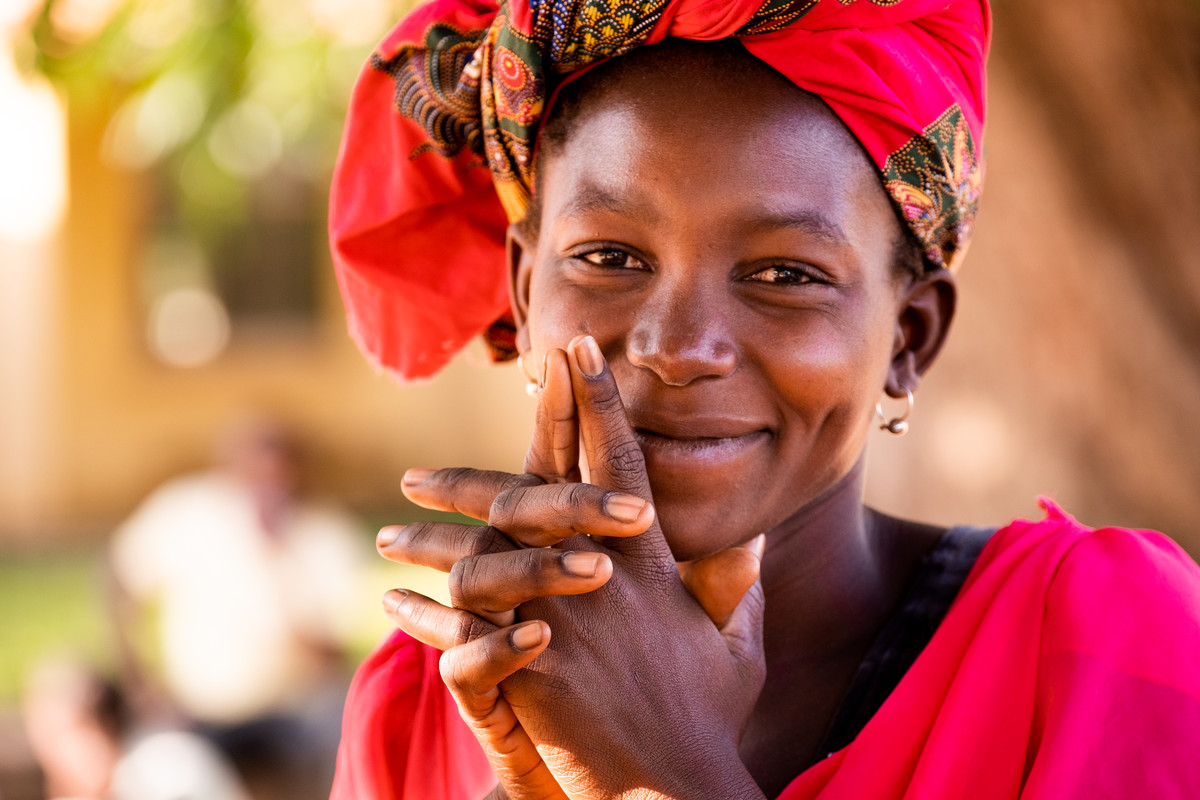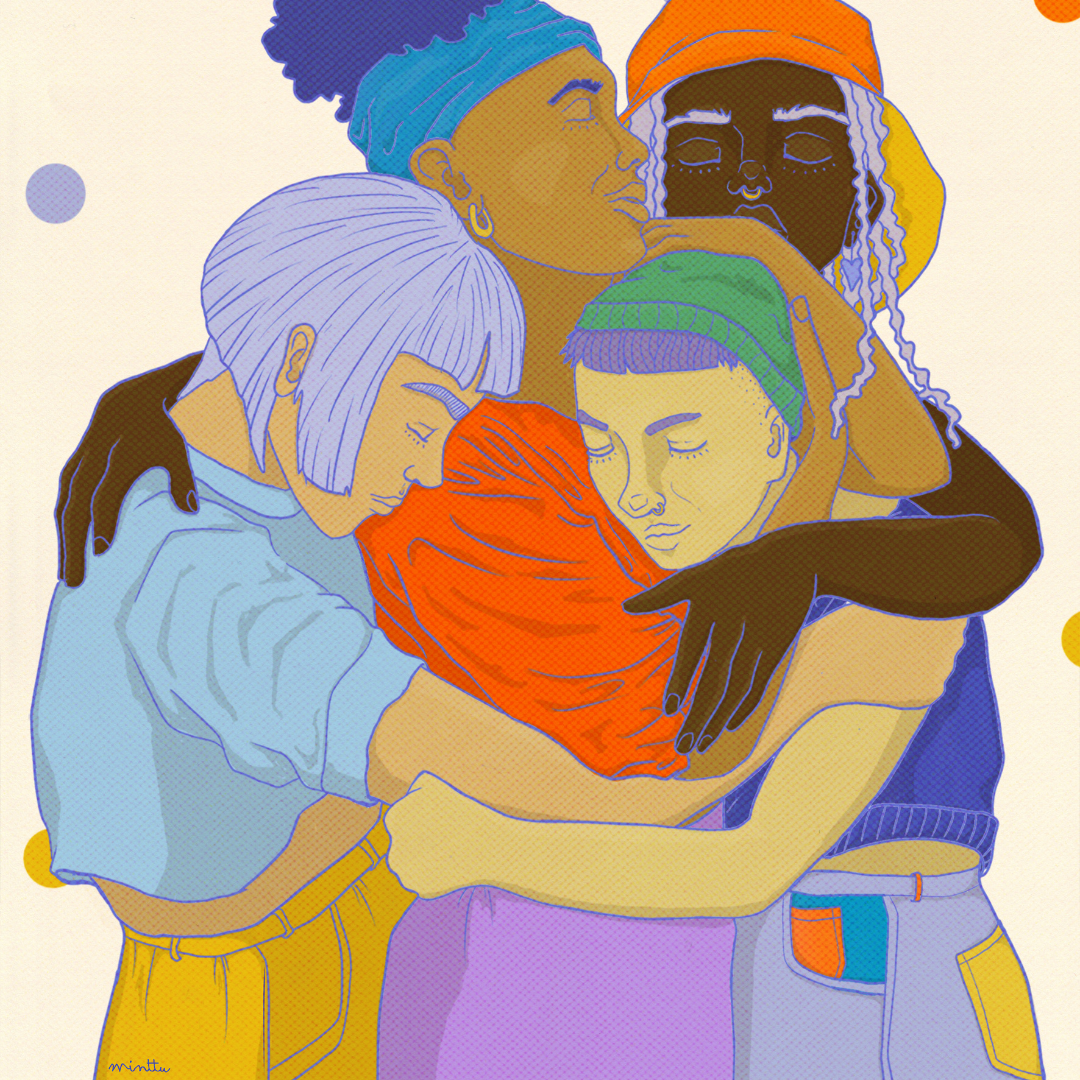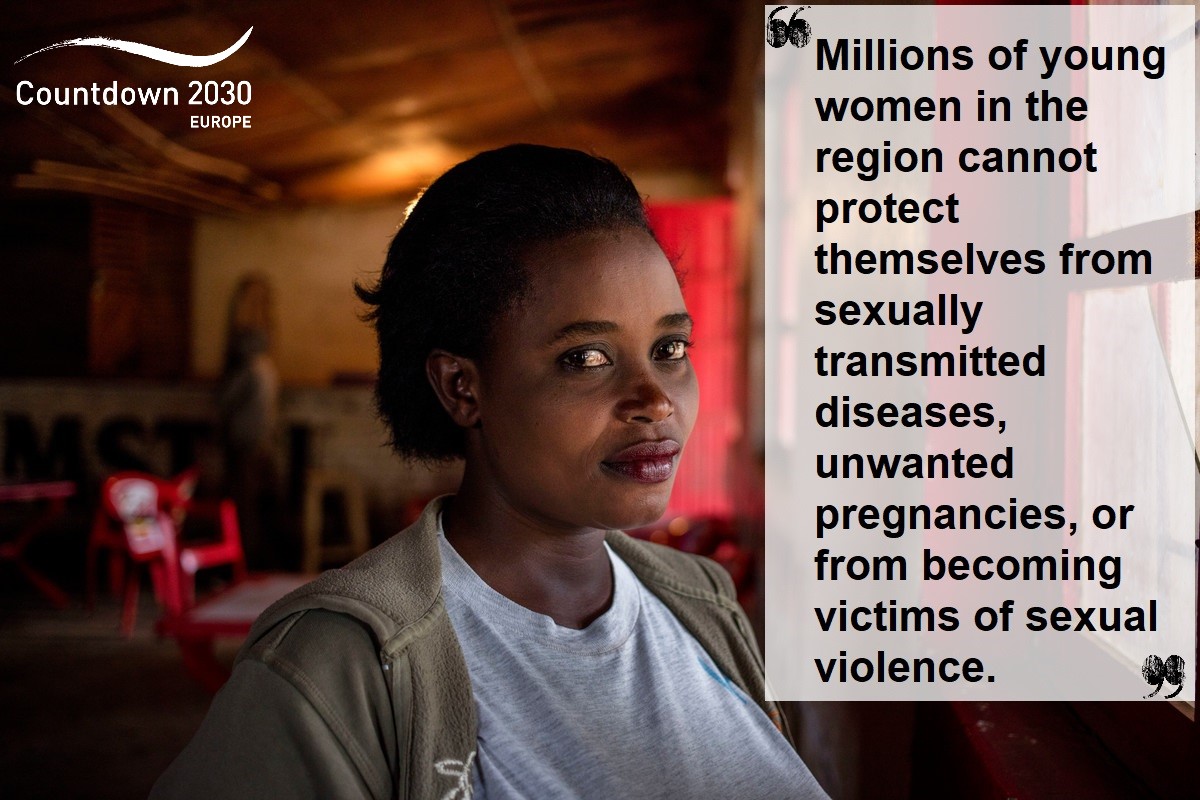This year we are marking the commitments and investments done by European donors but also the work ahead. This is done under the ‘Because She Counts’ campaign banner, with a social media campaign and activities in each of the partner countries in order to raise awareness of SRH/FP. We are asking decision-makers to put SRH/FP, universal health care, human rights and equality at the core of all public policy and funding decision, amid COVID-19 and always.

In Belgium, on 8-10th May, on Mothers’ Day, our partner Sensoa organised an awareness raising campaign on social media. They launched a video clip wherein 12 MPs of 9 different Belgian political parties testified about the size of their families, stressing that they could freely decide on this, while 214 million women cannot, as they have no access to family planning. The MPs represented almost all political parties in Belgium, showing the commitment of Belgian MPs to realize universal access to FP.

In Norway, our partner, Sex og Politikk, organised a webinar on the impact of COVID-19 on access to contraception and sexuality education. Their partners from Ghana and Palestine were invited to share their experiences with dealing with the pandemic and speak about how the communities they serve have been affected by the lockdowns. One way care providers could now reach people is through social media. There are hopes that the current situation will change the way care is provided by expanding access to digital services so that more people can be reached.

In Spain, our partner FPFE organised jointly with OXFAM and the Spanish Platform of NGOs a cycle of online conferences on gender equality for the (re)construction of a sustainable world. The most important objective of the online webinars was to contribute to the Government’s position on the Generation Equality Forum, where Spain will be part of leader counties in the action coalition on economic justice and rights. The focus of the 3 webinars were economic justice, universal access to SRH, and gender-based violence. In the webinar on SRH and FP, emphasis has been placed on several issues that hinder progress towards universal access to SRH.

In Finland, our partner, Väestöliitto, organized a three-week social media campaign #paljonenemmänkuinseksi during July, which highlighted the importance of SRH and family planning linking to sustainable development. The campaign emphasised the broader meaning of having access to family planning in order to decide freely over one’s own body and future. Young people MPs, MEPs and civil society engaged actively in the campaign as they gained more knowledge on issues related to SRH/FP and sustainable development. The campaign proved that there is still a need for more open discussion about the meaning of SRH/FP for individuals’ futures and for positive development of societies.

In Ireland, our partner, IFPA, launched the Because She Counts 2020 campaign in July. The aim was to highlight the SRHR commitments made on Ireland’s behalf at the Nairobi Summit and in its national policy for international development, A Better World. It also called for sustained and increased funding for SRHR in the context of the global pandemic and its impacts on the world’s most vulnerable women and girls.

In the Netherlands, our partner, Rutgers, organized a social media action for World Contraception Day and asked parliamentarians what they thought about access to contraceptives and how should the country mitigate the impact of COVID-19 on access to SRHR. The action confirmed there is a broad parliamentary support from SRHR as a development priority. More here.

In Switzerland, our partner, Swiss Sexual Health, focused during World Contraception Day on the struggles women face in accessing contraception during a pandemic. SSCH called on politicians to act: everyone, including those with few means, should be able to freely decide on their contraception (video).

In France, our partner, Equipop, aimed to ensure that SRH/FP are high on the Gender Equality Forum’s agenda and on France’s foreign policy and aid. Equipop facilitated research conducted by 5 French students on youth feminist engagement in West Africa and created advocacy asks and a communications campaign based on it.

In Denmark, our partner, Sex & Samfund, set up a social media campaign on women’s rights. The campaign put into focus the fact that worldwide, far too many girls and women do not have access to knowledge about their own bodies, contraception and sex education. Sex & Samfund also shared testimonials from women who are facing the current backlash against their rights.



